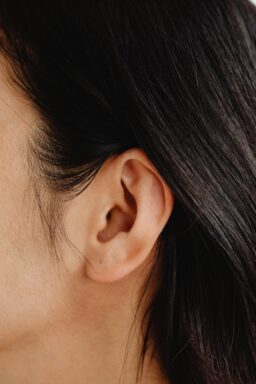If you’ve taken the important step of getting a hearing test, you’re on your way to improving your hearing and overall quality of life.
Once your hearing test is complete, you’ll have an opportunity to sit down with your audiologist and review the results. Asking the right questions during this time is crucial so you can fully understand your hearing condition and the recommended treatment. Below are three essential questions to consider asking your audiologist.
What Type of Hearing Loss Do I Have?
There are three primary types of hearing loss, and understanding which one you have is key to determining the best treatment:
- Sensorineural Hearing Loss: This occurs when there is damage to the inner ear, specifically to the tiny hair cells that transform soundwaves into electrical signals, or to the auditory nerve that sends these signals to the brain. Unfortunately, this type of hearing loss is permanent.
- Conductive Hearing Loss: This type arises when sound cannot properly pass through the outer or middle ear. Common causes include ear infections, excessive earwax, growths or congenital abnormalities. Fortunately, conductive hearing loss is often treatable once the underlying issue is addressed.
- Mixed Hearing Loss: As the name suggests, this is a combination of both sensorineural and conductive hearing loss.
Do I Need Hearing Aids for Both Ears?
It’s not uncommon for people to have varying levels of hearing loss between their ears. However, even if one ear functions better than the other, your audiologist may still suggest hearing aids for both ears if hearing loss is present in both. This is because having sound equally balanced from both ears allows your brain to process it more effectively.
Which Hearing Aid is Best for My Condition?
There are many hearing aid manufacturers, and each offers a range of models in different styles, colors, and with various features. After completing your hearing test, your audiologist will work with you to select the most suitable hearing aid based on your specific hearing needs and lifestyle. The more active you are and the more complex your listening environments, the more advanced features you’ll likely require. For instance, someone who enjoys frequent social gatherings at places may benefit from a more sophisticated hearing aid than someone who spends most of their time in quieter environments.
For more information or to book a consultation with a hearing specialist, contact Wilmington Audiology Services today.
